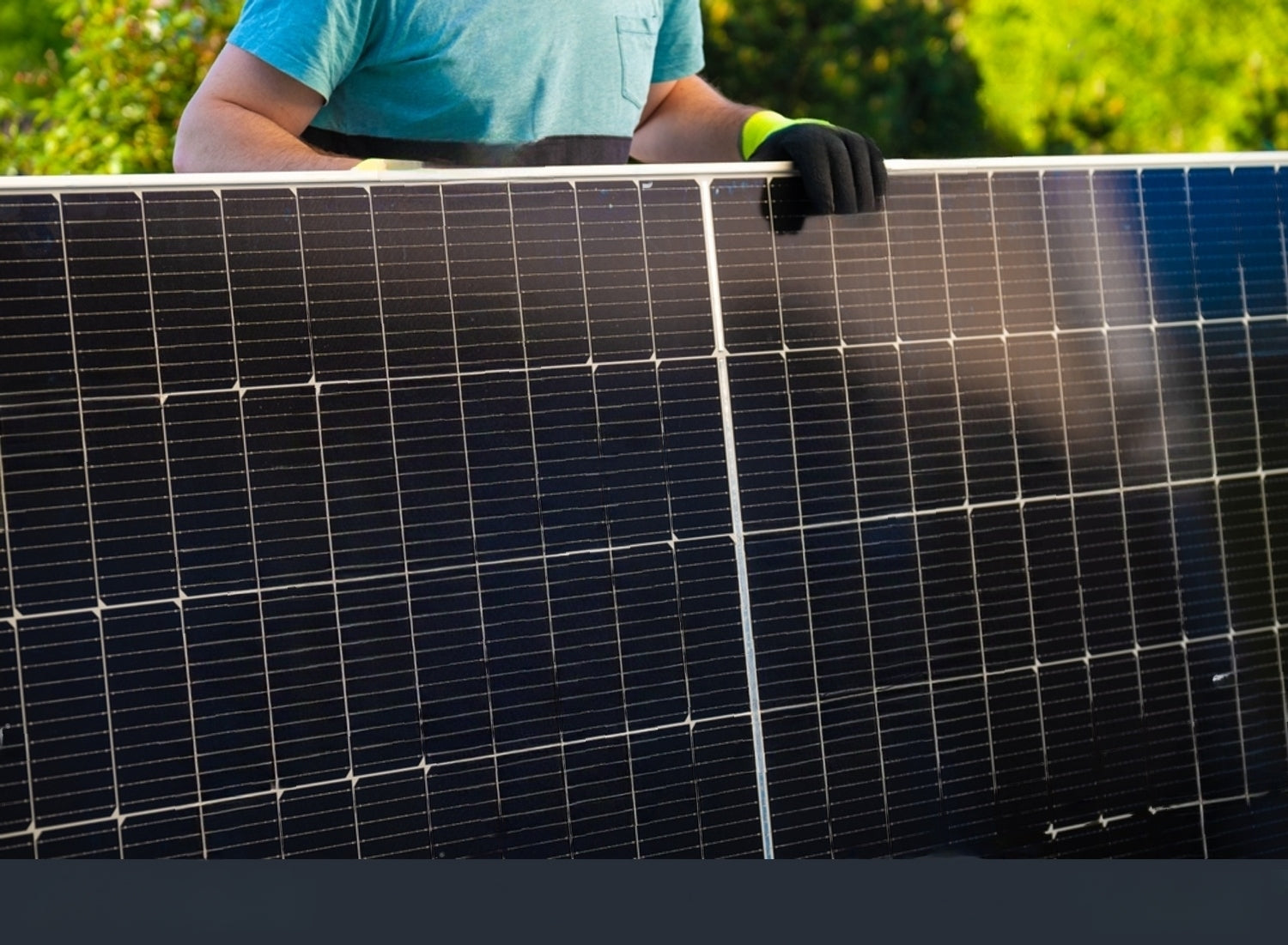
Photovoltaische solarmodule verstehn: Warum sind sie wichtig
In today’s world, finding alternative sources of energy has become one of the biggest priorities for governments, businesses, and individuals around the world. One of the most promising of these alternative energy sources is photovoltaic panels. These panels consist of cells that convert sunlight into electricity by using a process called the photovoltaic effect. While photovoltaic panels have been around for quite some time now, the revolutionary Plug & Play Kits have changed the way solar energy is harnessed. So, what exactly is a photovoltaic panel and why are they important?
What is a Photovoltaic Panel?
A photovoltaic (PV) panel is an electronic device that transforms photons (sunlight) into electricity. Each PV panel is made up of many individual solar cells, which can be connected in series or parallel to produce the desired voltage and current levels. Solar cells are made from semi conductive materials such as silicon, which absorbs light energy and releases electrons. When photons hit the surface of a solar cell, they knock electrons loose, creating a flow of electricity.
“The International Energy Agency (IEA) reports that solar PV generation increased by a record 179 TWh (up 22%) in 2021 to exceed 1 000 TWh”
There are several key advantages of photovoltaic panels. For starters, they’re a clean and renewable energy source. Unlike fossil fuels, which produce harmful emissions that contribute to global warming, photovoltaic panels produce zero air pollution and have a minimal impact on the environment. They’re also incredibly reliable and require little maintenance. Once installed, a PV system can generate electricity for years without requiring any major repairs or maintenance. Finally, photovoltaic panels found in Plug & Play Solar Kits can be installed almost anywhere, from rooftops, balconies, walls to open fields, making them an incredibly versatile option for anyone looking to generate solar electricity.
Photovoltaic panels can be used in a wide range of applications, from powering homes to providing electricity for spacecraft. Some of the most common applications of photovoltaic panels include residential and commercial solar power systems, remote power systems (such as those used for off-grid cabins), and grid-connected photovoltaic systems (which allow excess electricity to be sold back to the power company). In addition, PV panels are used in a wide range of other applications, such as powering water pumps, streetlights, and even small electrical devices like calculators and watches.
Several factors can affect the performance of photovoltaic panels. For starters, the amount of sunlight that reaches the surface of the panels can have a significant impact on their output. Panels that are shaded or have limited access to sunlight will produce less electricity than those that receive direct sunlight. A south orientation here in Europe is the best one concerning the amount of light the panel will receive. Other factors include temperature, dust, and humidity. Panels that are too hot or too cold, covered in dust, or subject to high humidity may produce less electricity or even stop working altogether. You can see more relevant information in our FAQs page.
The recent surge in demand for clean, renewable energy sources has spurred a wave of innovation in photovoltaic technology. In recent years, advances in solar cell efficiency, energy storage, and manufacturing have helped to bring down the cost of photovoltaic systems and make them more accessible to homeowners and businesses alike. In the coming years, we can expect to see even more progress in this area, as researchers and engineers continue to improve our understanding of how photovoltaic panels work and how to make them even more efficient and effective in converting sunlight into electricity.
Overall, photovoltaic panels are an incredibly promising source of renewable energy. As the world continues to transition away from fossil fuels and towards more sustainable forms of energy generation, photovoltaic panels will play an increasingly important role in our energy infrastructure. Whether you’re a homeowner looking to reduce your carbon footprint and save money on your energy bills or a business owner looking to invest in clean, renewable energy sources, photovoltaic panels are definitely worth considering as a viable option. With their many benefits and versatile applications, it’s clear that photovoltaic panels will be an important part of our energy landscape for many years to come.
Join the revolution with Robinsun and save your planet and your wallet.

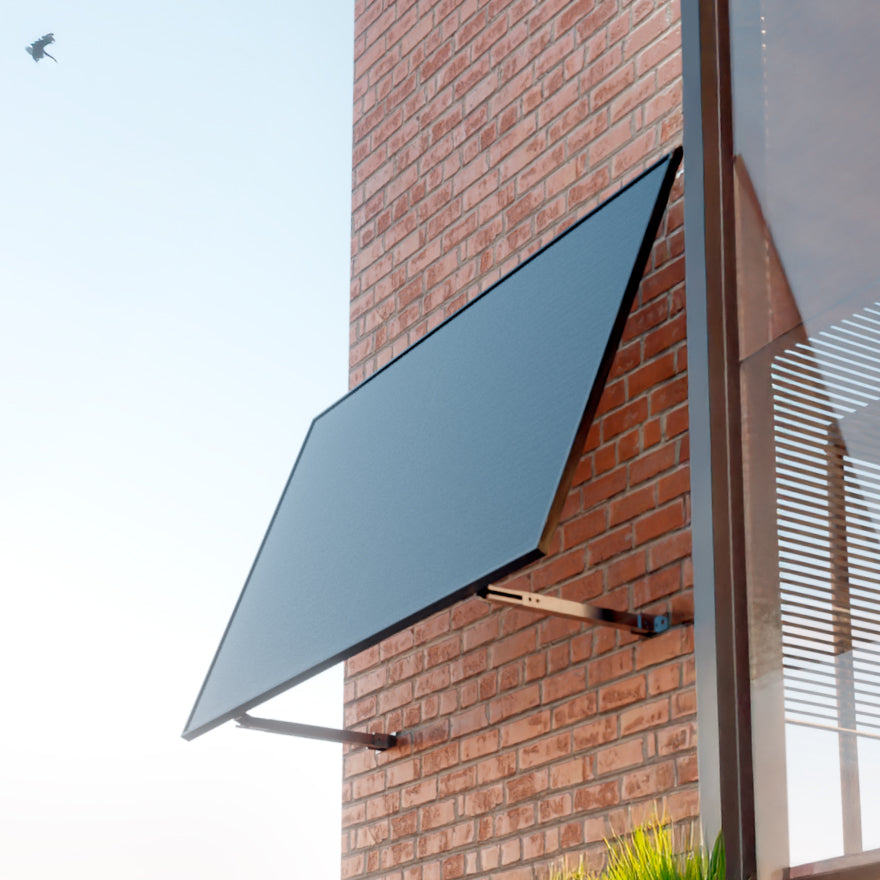
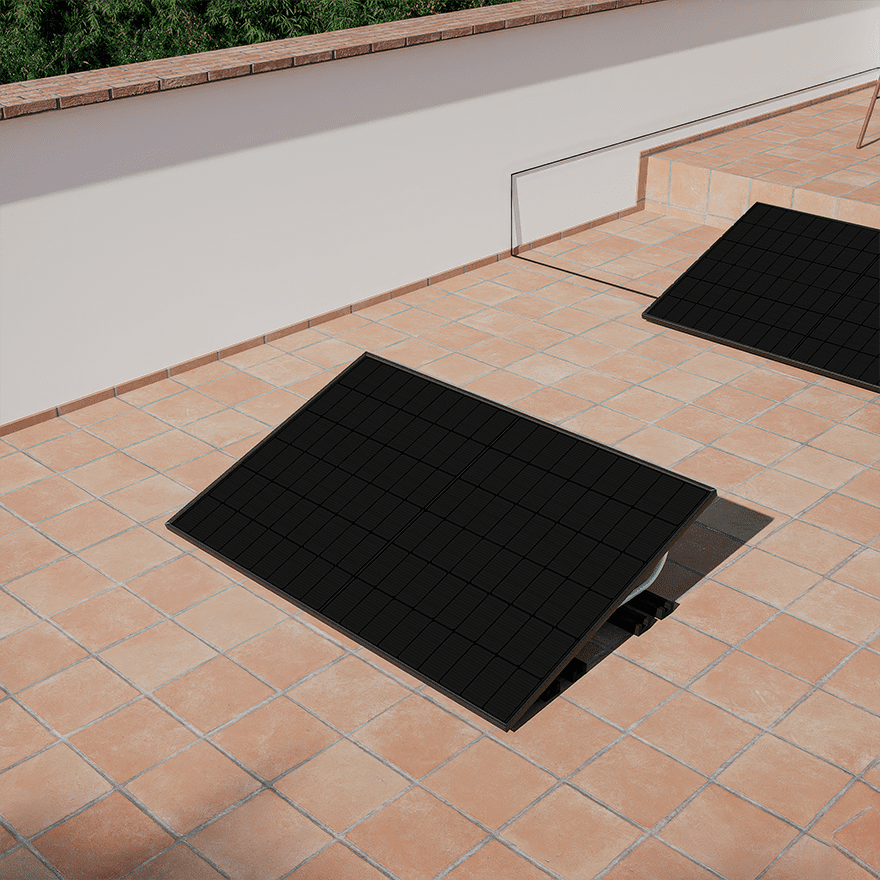
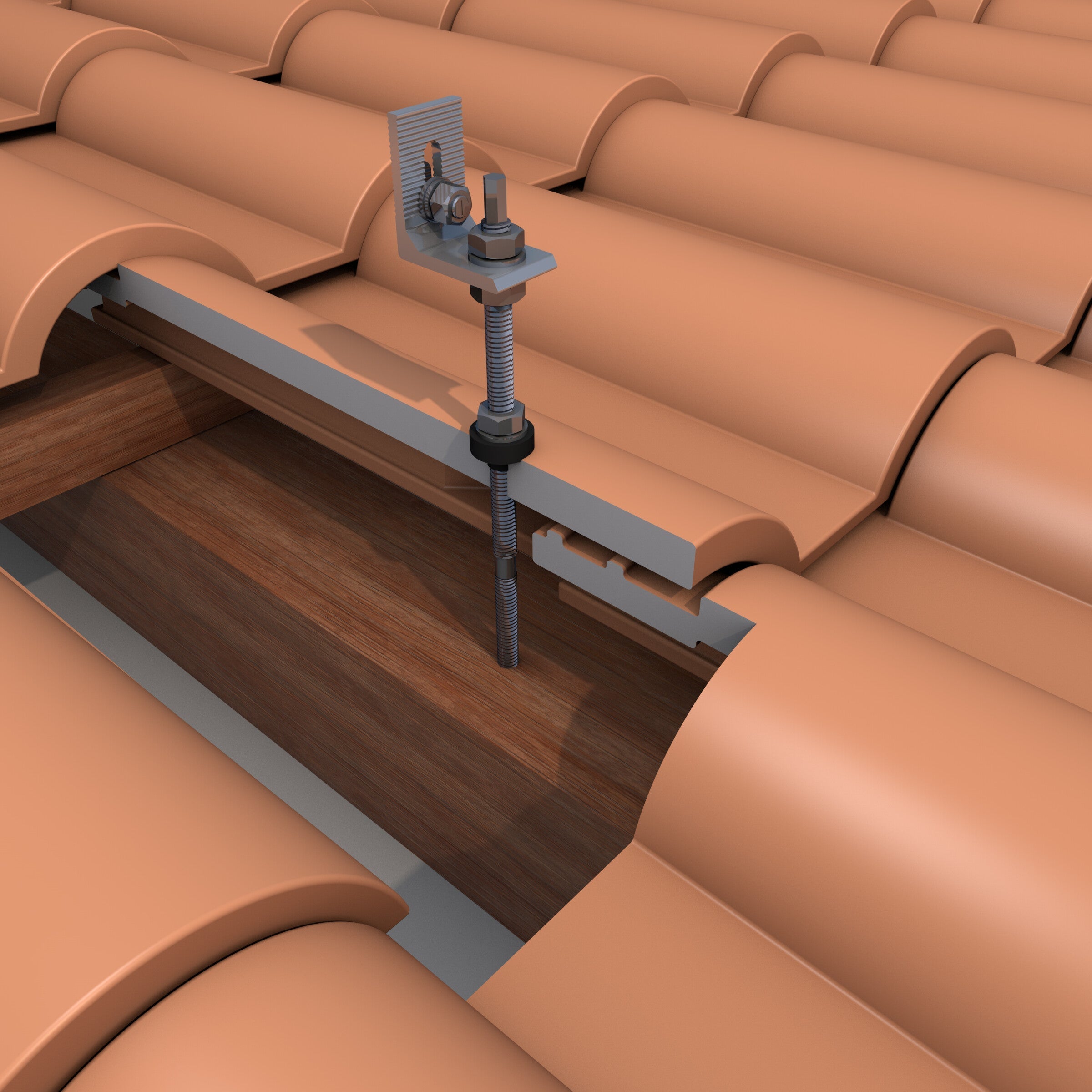
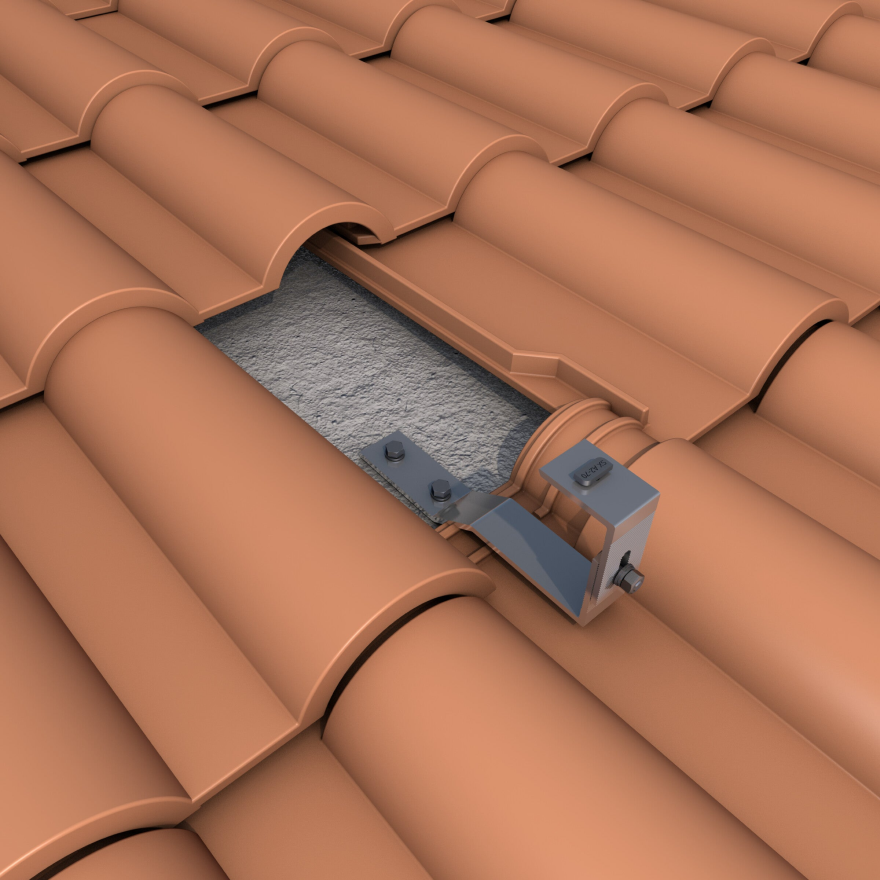
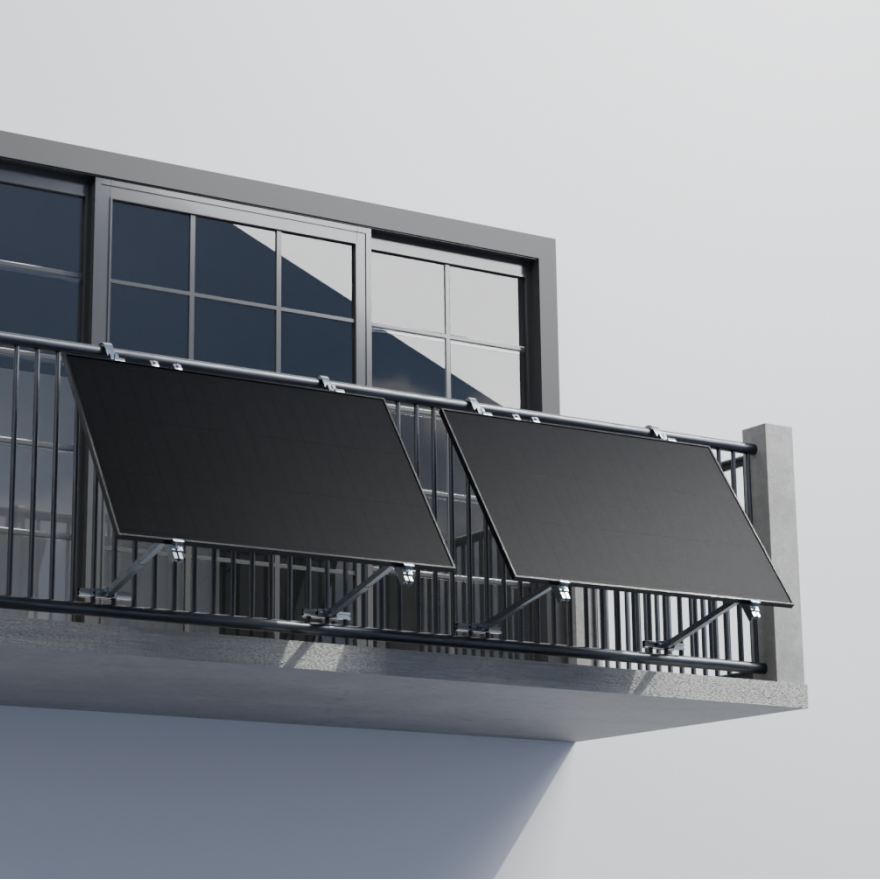
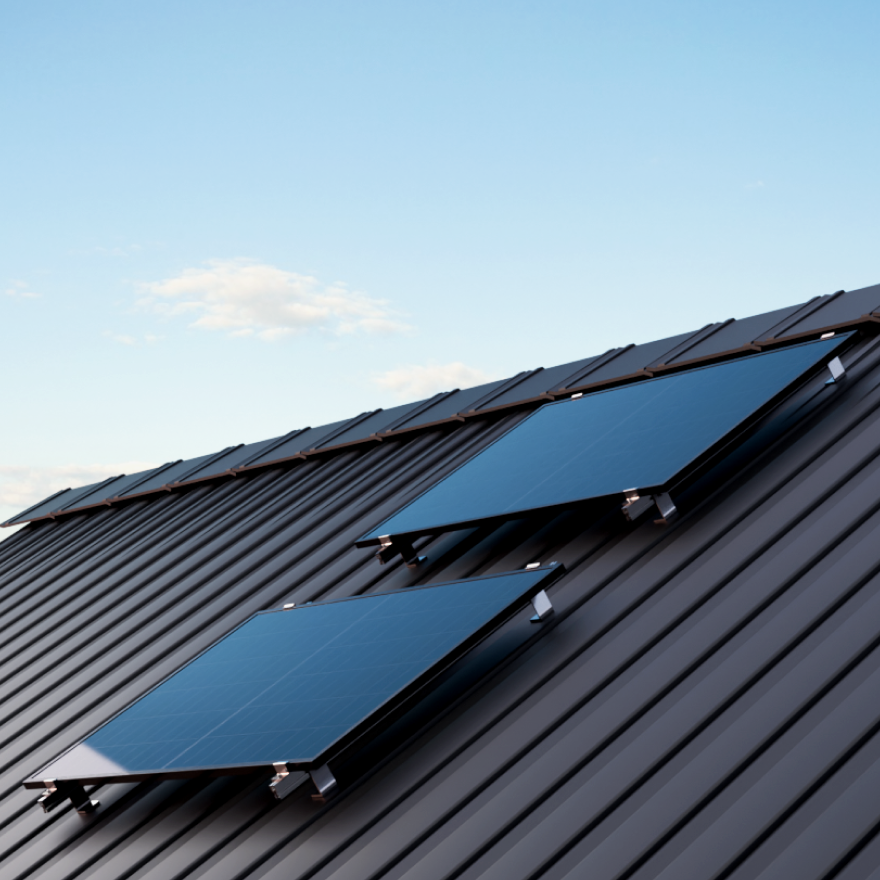
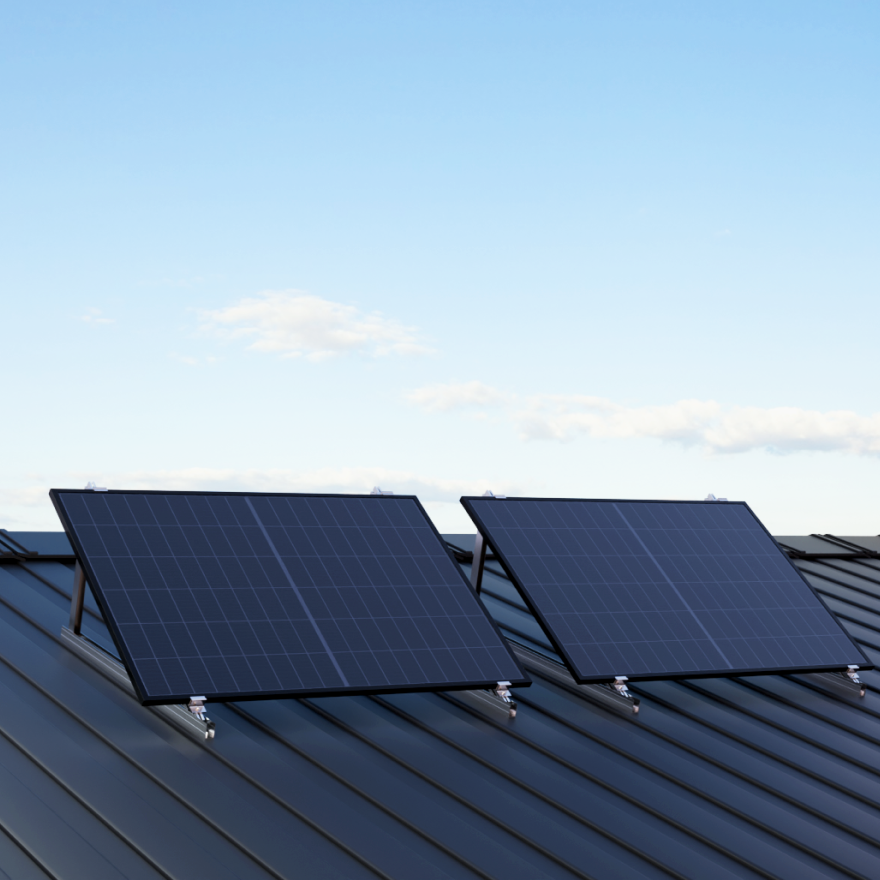
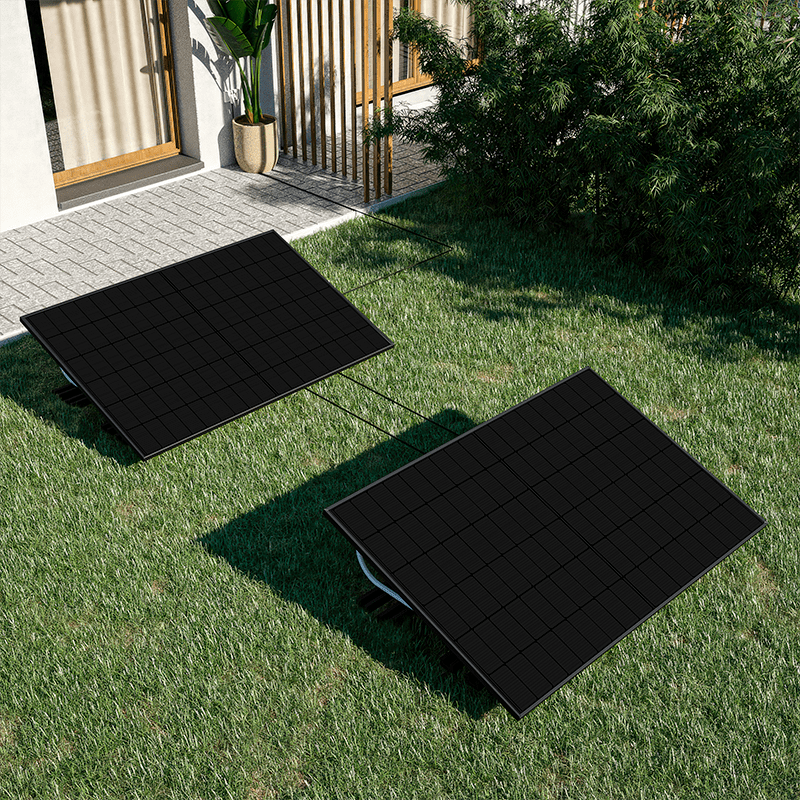
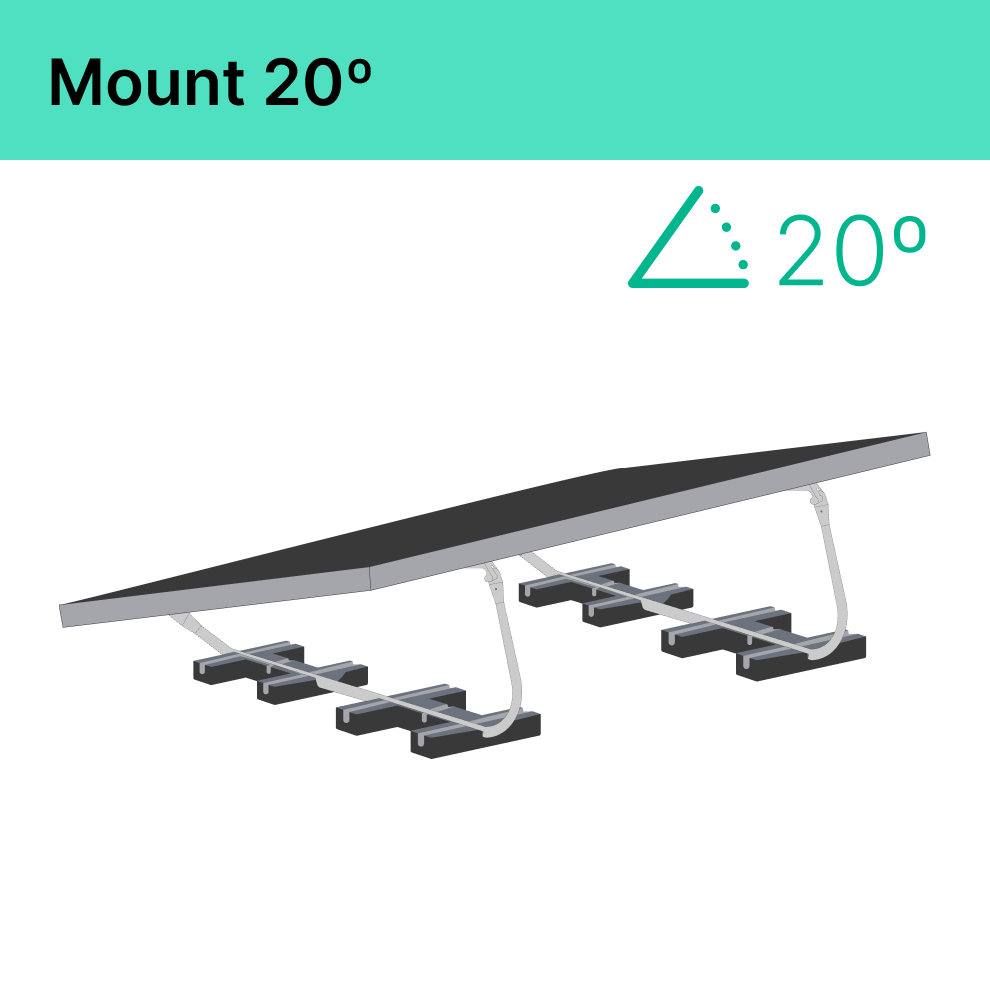
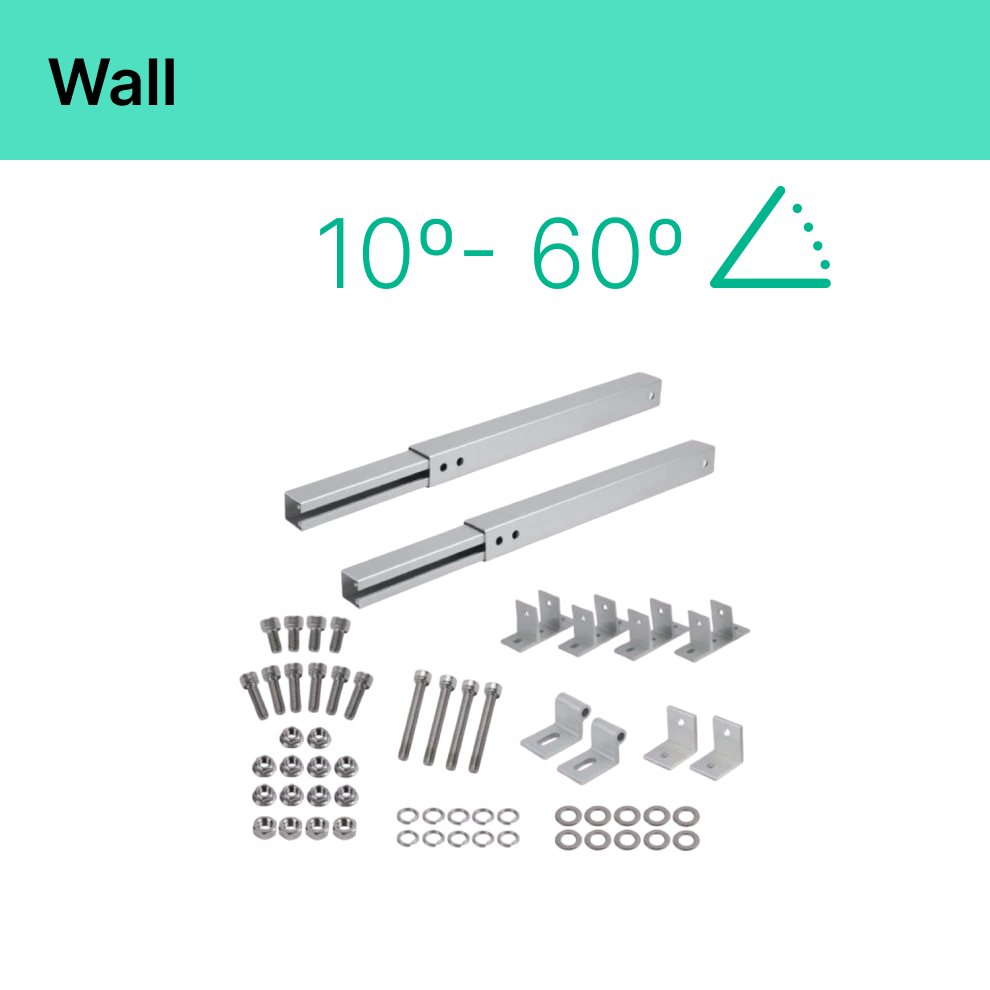
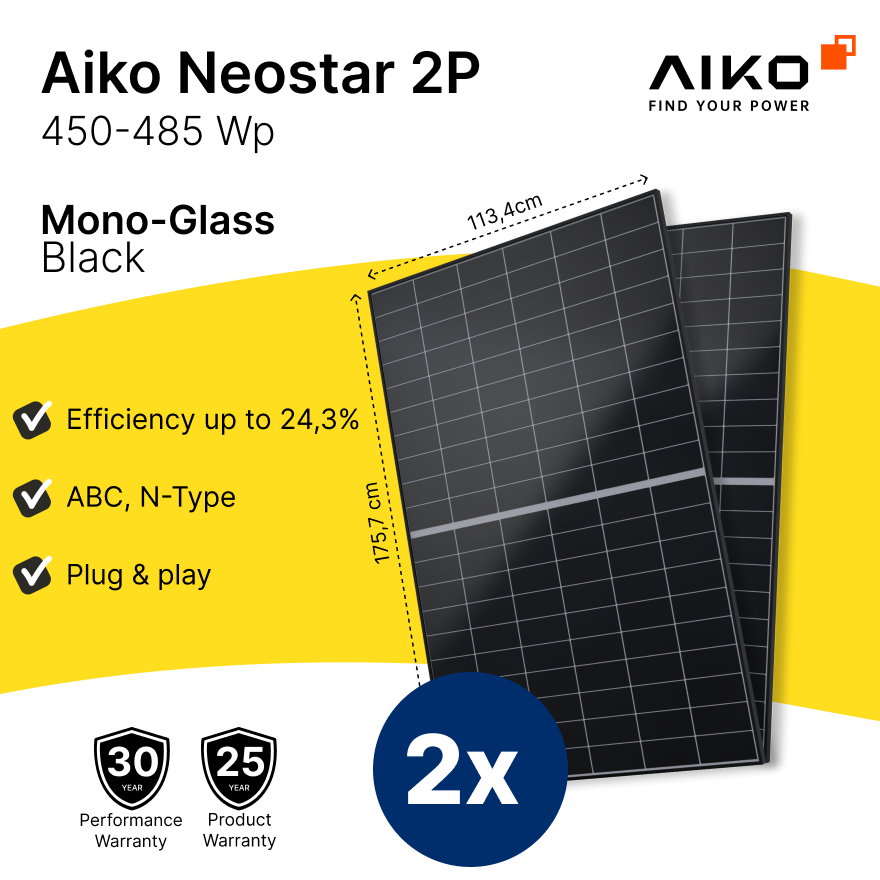
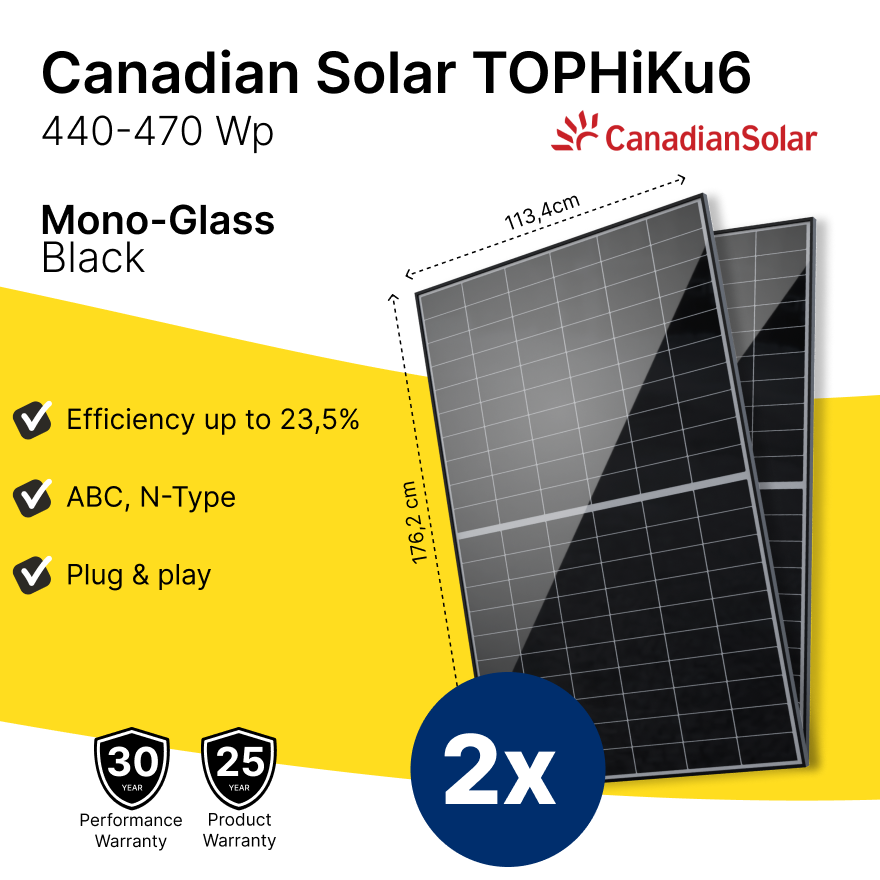
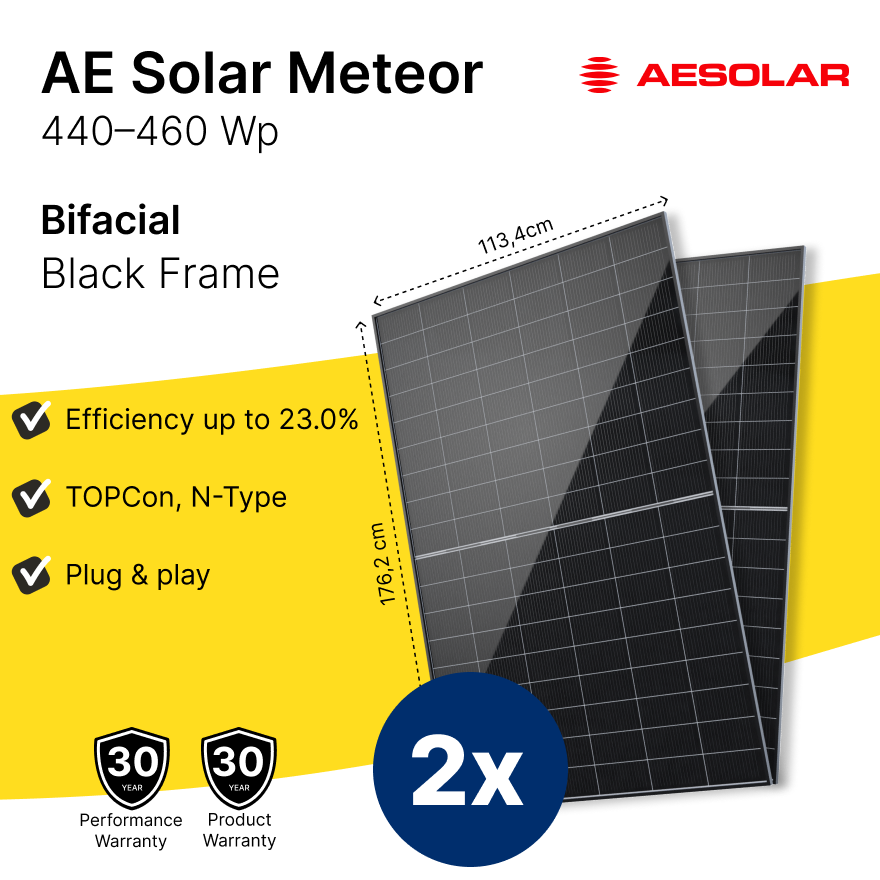
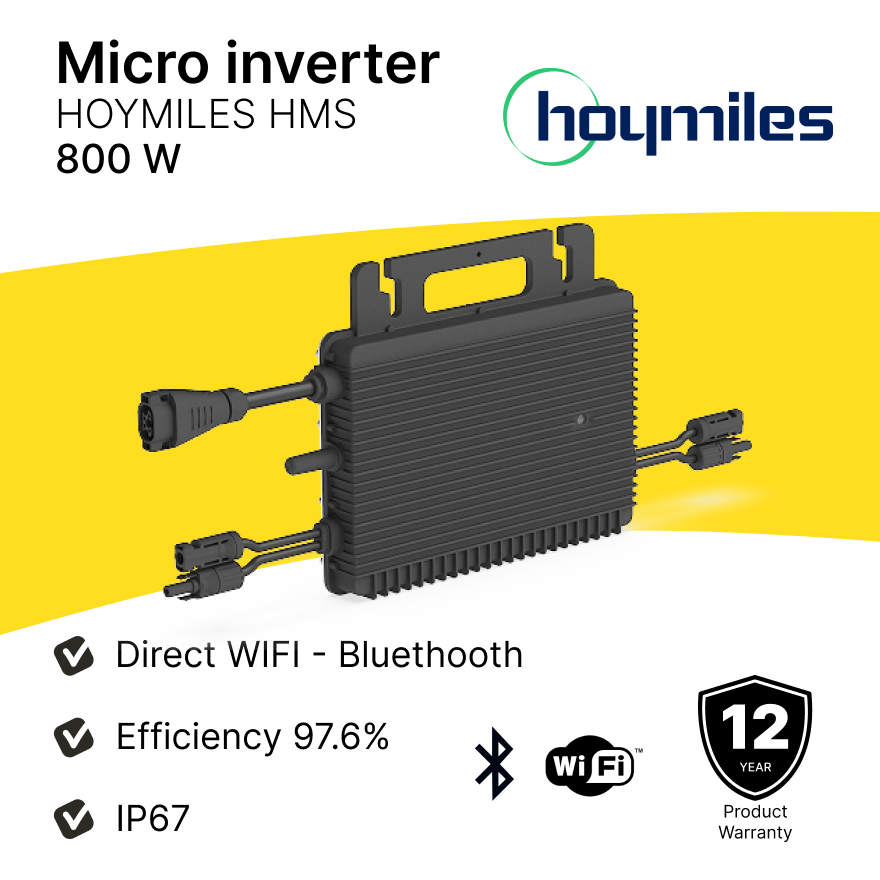
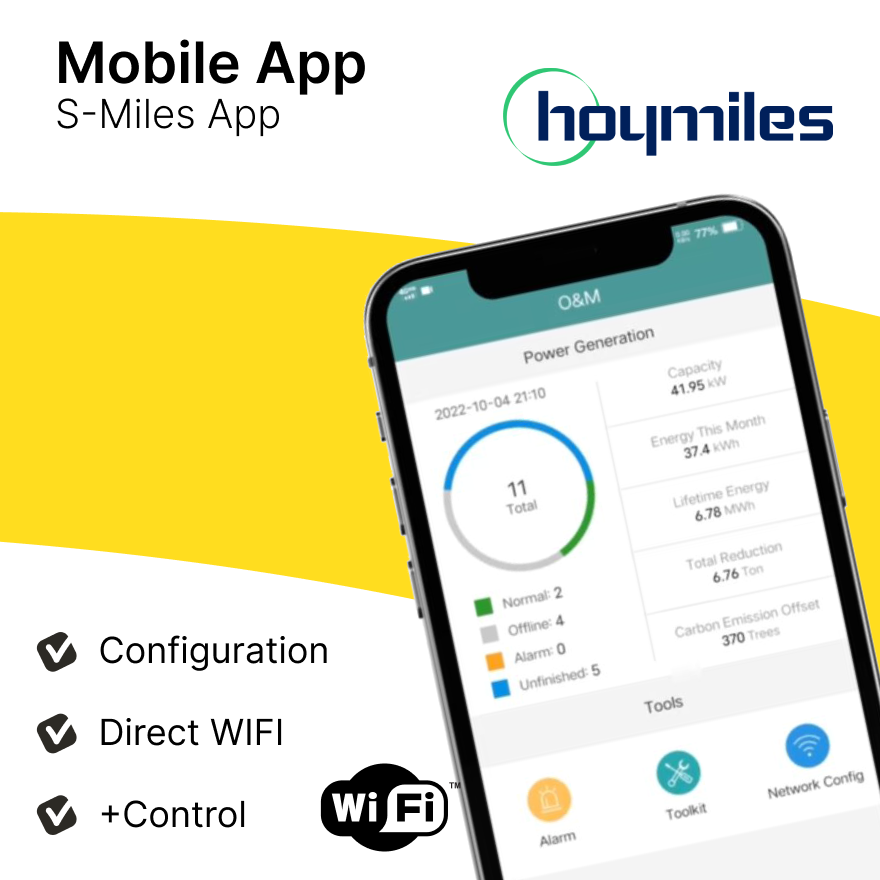
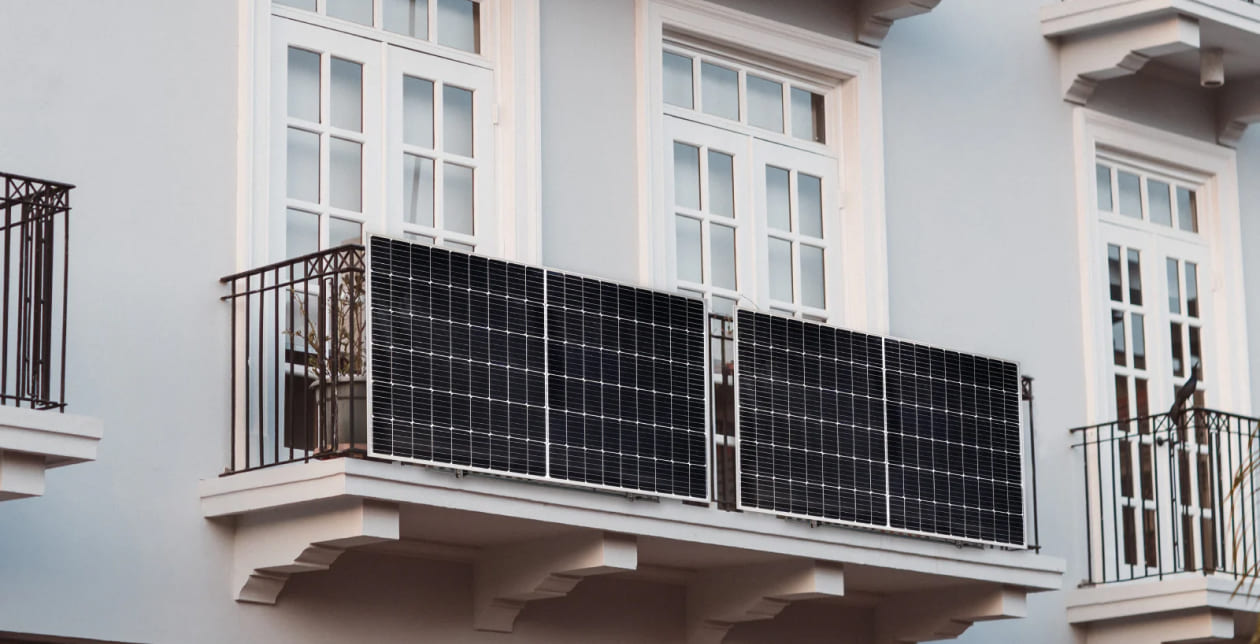
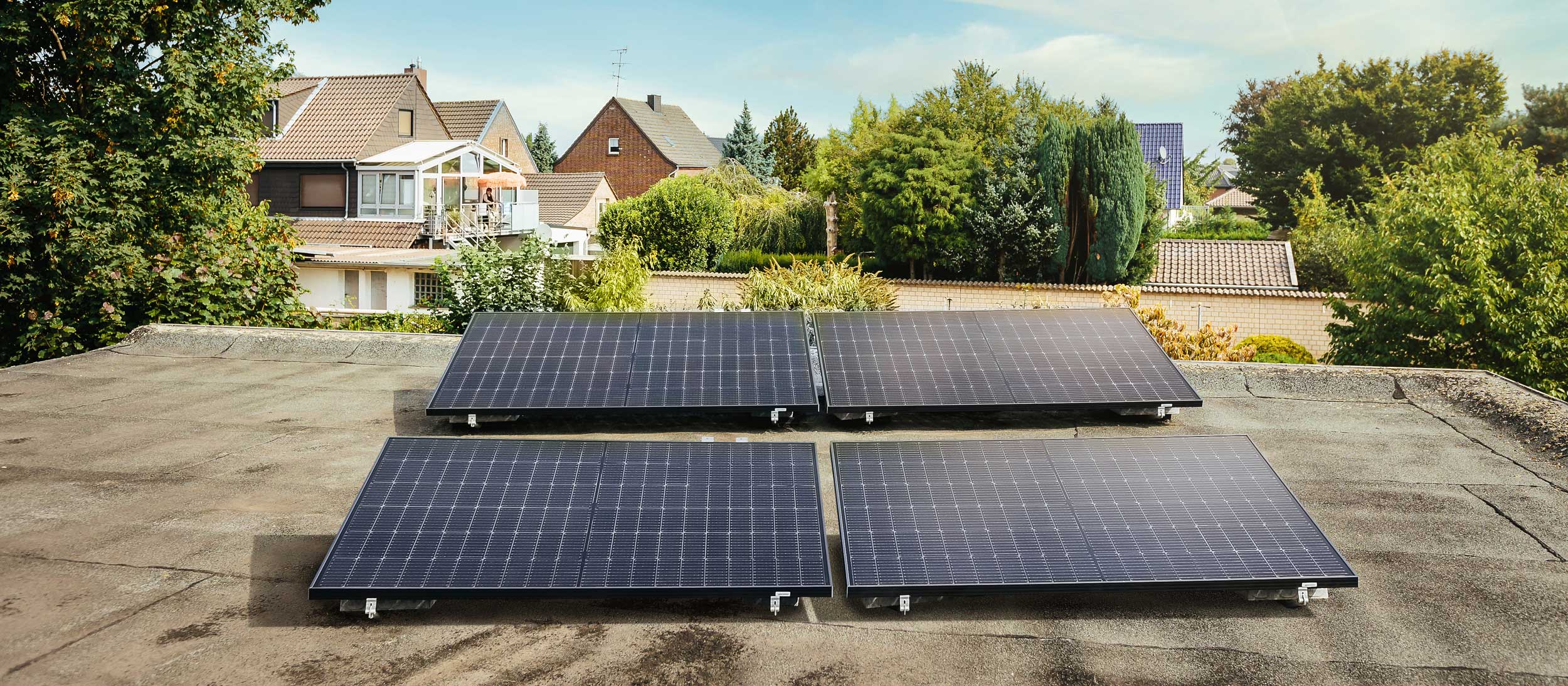
Hinterlasse einen Kommentar
Diese Website ist durch hCaptcha geschützt und es gelten die allgemeinen Geschäftsbedingungen und Datenschutzbestimmungen von hCaptcha.